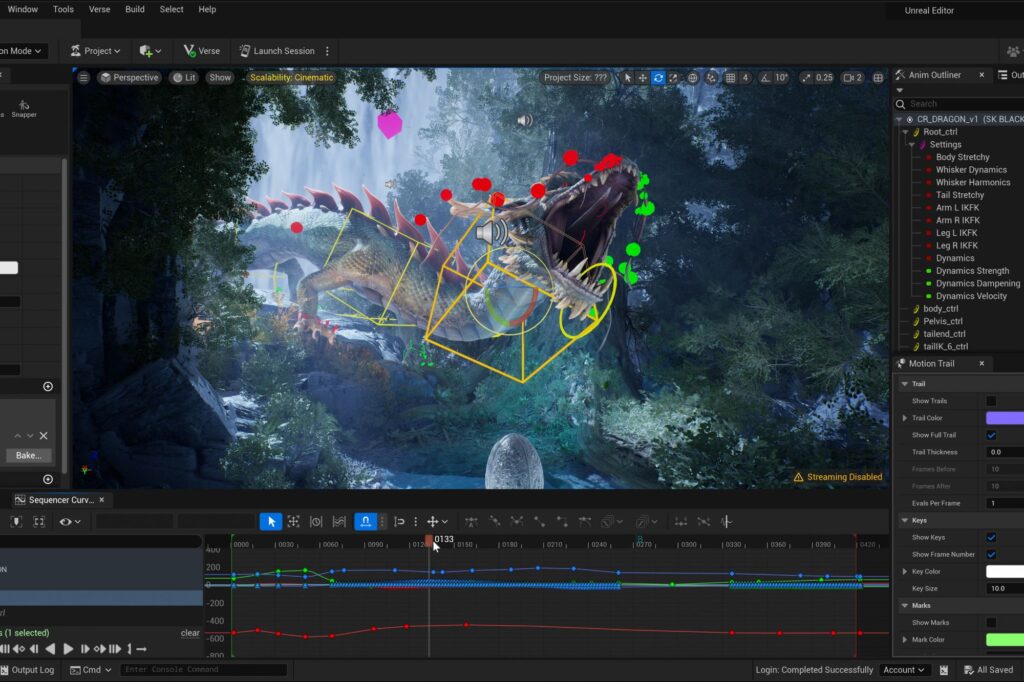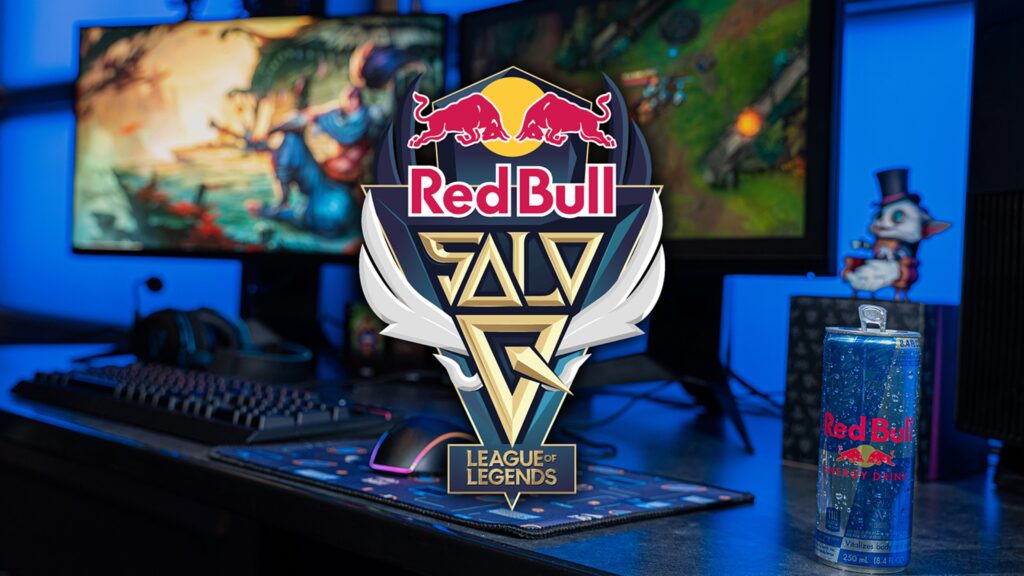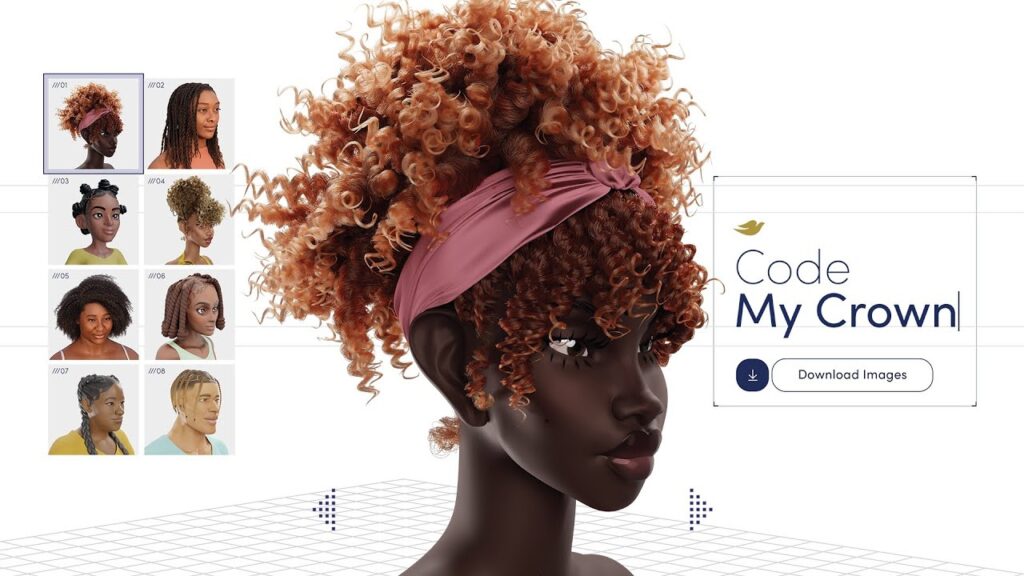As covered in the Gaming Marketing Made Simple Course, gaming campaigns can tap into anything from:
- In-game brand activations e.g., Lego in Fortnite
- Around-game digital activations e.g., Pringles Icons on IGN
- Away-from-game product innovation e.g., Louis Vuitton’s League of Legends fashion capsule
They can also take shape as 360-degree campaigns like Heineken’s “Not All Nights Out Are Out.”
Either way, execution taps into one or more specialties typically involving:
- An internal gaming marketing practice or marketer
- An agency with gaming expertise
- A partnership with an endemic (gaming) company/influencer(s)
But what about the millions of non-endemic marketers who aren’t part of an internal gaming vertical?
The ones who, after all, have deep experience developing and executing category-specific strategies e.g., a campaign that works for a global FMCG brand won’t necessarily work for a non-profit organization.
How do those marketers gain experience inspiring action through gaming?
Well, the following explains how fractional gaming marketing addresses that gap.
Fractional Matters
The conventional answer to how more marketers will gain experience with gaming campaigns is that non-endemic brands and agencies will increase hiring for gaming-specific roles. Or they will go on an acquisition spree and buy niche gaming agencies.
However, we’re in a world where the fractional Chief Marketing Officer (CMO) model, in which a part-time marketing leader oversees and directs the marketing function, is catching on.
So, a fractional model, where existing marketers grow laterally into gaming without focusing on it exclusively, is a better approach.
Fractional gaming marketing – lateral expansion of existing marketing skills into gaming part-time
Why?
Well, for one, gaming is itself fractional.
That doesn’t mean the gaming marketing opportunity is small (it’s massive). It simply means gaming audiences are spread across pretty much any channel.
Where breakthrough campaigns can leverage in-game brand presence as well as channels beyond gameplay.
A fractional model aligns with the reality that marketers are already familiar and successful with those very same channels beyond gameplay.
Such that, once marketers are informed about effective gaming marketing, they can realistically flex between gaming and non-gaming executions.
For example, it’s not out of the question that existing sports marketing agencies can learn to execute esports-related gaming strategies that resemble Novo Nordisk’s “Away from Keyboard,” campaign.
After all, those agencies are already well-versed in many of the campaign’s tactics such as developing high-quality documentaries and sponsoring in-person events – albeit outside the gaming world.
In-game advertising is fractional
Video games are virtual environments solely designed for playable experiences – as opposed to environments designed to consume digital media.
That’s why the global video game industry has grown to nearly $200 billion in yearly revenues with a pittance of non-endemic advertising spend.
Meanwhile, the digital media business model was advertising dependent from birth.
So, while in-game advertising is poised to grow significantly through:
- Advertising solutions like Overwolf
- Branded playable experiences
- Brand integration into existing games
Video games do not need advertisers the same way social media networks do, for example.
As a result, native advertising presence within digital game environments is very likely to remain fractional.

Likewise, existing digital creatives are very likely to acquire skills with tools like the Unreal Editor for Fortnite (UEFN), then offer fractional services to meet the demand for in-game brand activations.
As a result, the number of full-time positions requiring those skills is unlikely to resemble that for Facebook Ads, for instance.
Gaming culture is fractional
Video games have long since triumphed as the most important entertainment medium among young people. However, gaming is itself a collage of (fractional) influences from online, geek, sports and a range of other subcultures.
That means that marketers experienced in adjacent social scenes can also find success in gaming – with the right guidance.
To demonstrate, in 2006, energy drink brand Red Bull extended its athlete ambassador program to include sponsorship of then professional gamer David Walsh.
That move was, in fact, a continuation of Red Bull’s support of athletes on the fringe of pop culture. Where the brand began sponsoring extreme sport athletes in the 1990’s.
Fast forward to the present, Red Bull has found massive success in the gaming community by continuing to adapt non-endemic strategies to the needs and wants of gaming audiences.

For instance, Red Bull’s creative take on competition, embodied by organizing extreme sports events like the Red Bull Heavy Metal, has led to successfully producing gaming events like Red Bull Solo Q – a 1v1 amateur League of Legends tournament.
Plus, even when non-endemic brands venture onto channels specific to gameplay, the fractional nature of gaming culture allows them to stay true to their existing purpose and mission.
In late 2023, global beauty brand Dove, working with Edelman, launched the Dove Code My Crown project – a free online resource aimed at bringing more realistic hairstyles into playable worlds.
Created in partnership with the Open-Source Afro Hair Library, the campaign resonated with consumer insight that 85 percent of Black gamers believe video games poorly represent textured hair.

More importantly, Code My Crown amplified Edelman’s prior work on Dove’s 2021 “For Your Consideration.” A campaign which helped a short film, created by Matthew A. Cherry, about a black girl learning to love her natural hair, win an Oscar.
In other words, if non-endemic strategies, like supporting positive perceptions of black hair, are also authentic to how audiences experience video games. They can be fractionally executed in gaming campaigns.
If you like this content, please subscribe to the Gaming Marketing Institute (GMI) newsletter (FREE) for more in-depth analysis and ideas!

